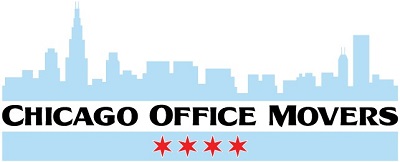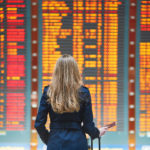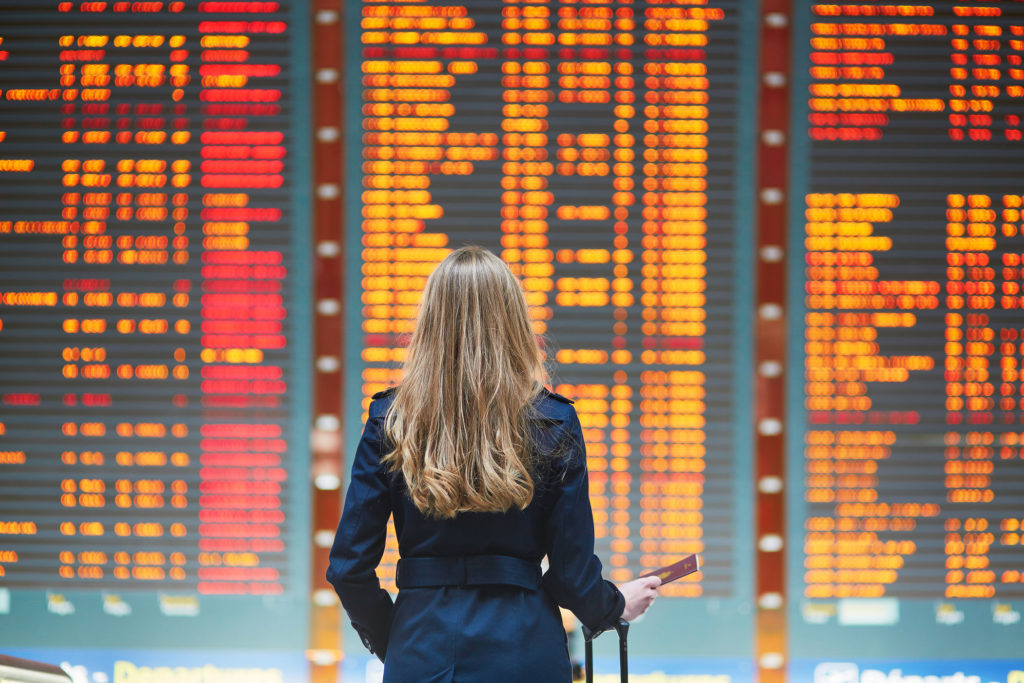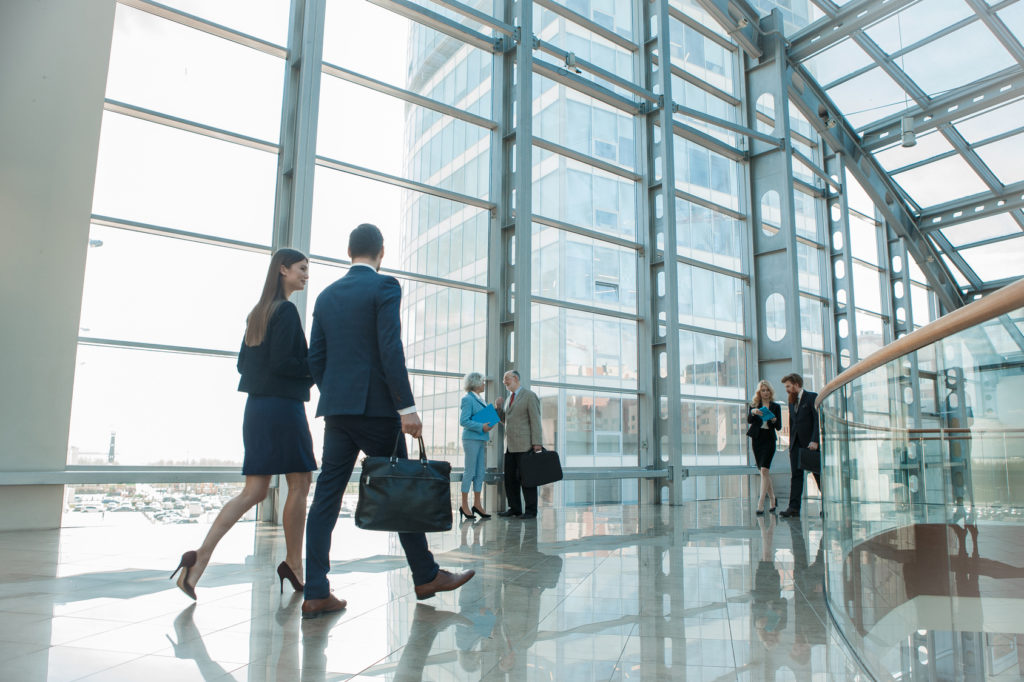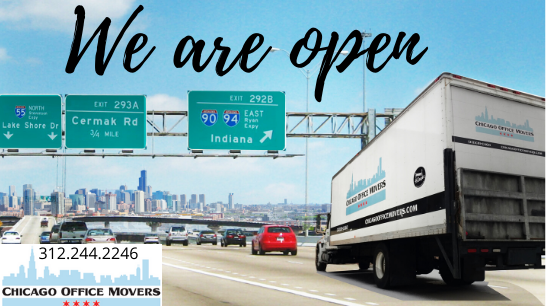
Renovating Event Venues to Accommodate Social Distancing
Renovating Event Venues to Accommodate Social Distancing
Written by Luis Toledo on . Posted in COVID-19, decommissioning
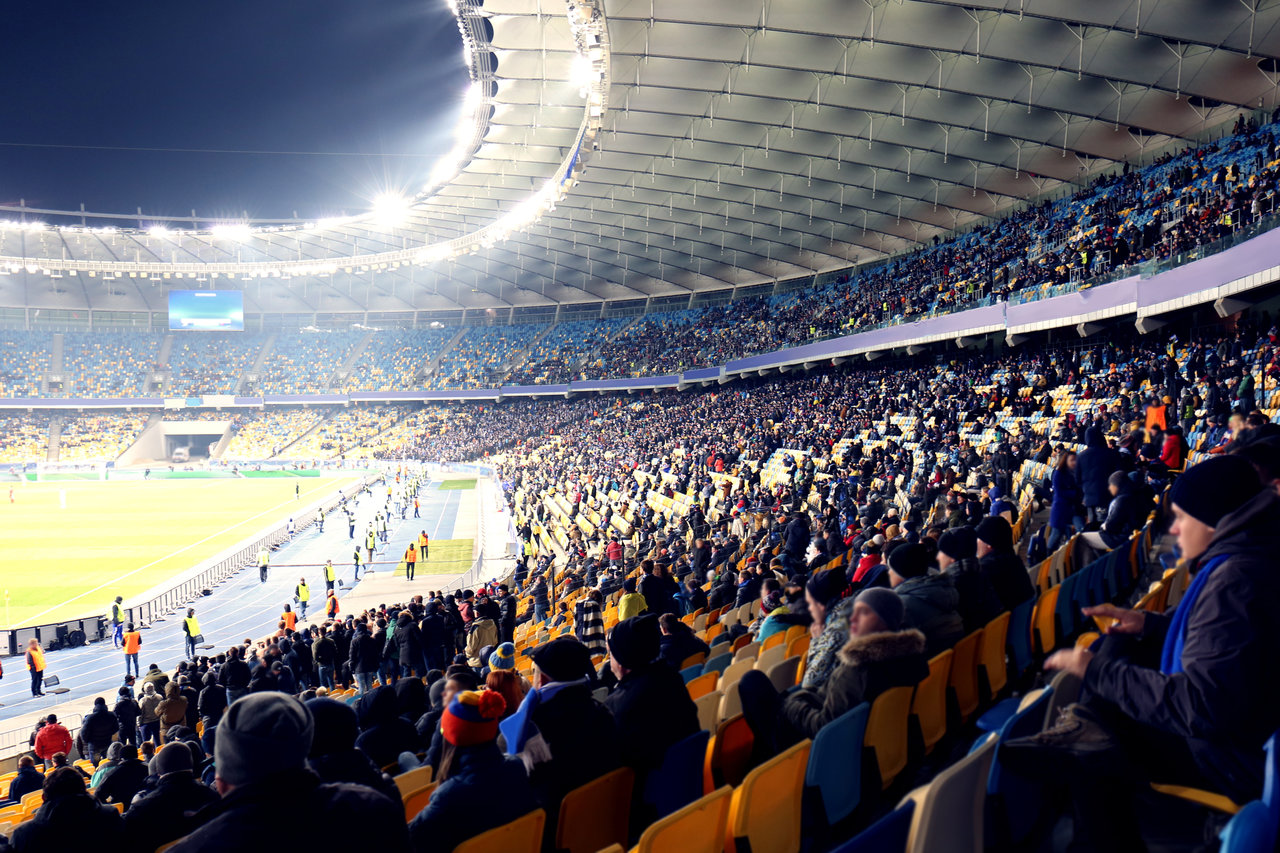
The novel coronavirus has caused massive societal upheavals, deaths in the hundreds of thousands and illness in over 15 million people worldwide. The public health crisis has an uncertain future. One thing is definite: social distancing helps to curb the spread of COVID-19.
About COVID-19
Remaining at least six feet apart from people in public places has been shown to reduce transmission rates of SARS-CoV-2, the virus that causes COVID-19. Ample distance ensures that potentially infected human respiratory droplets do not reach the respiratory systems of others and cause illness.
Talking, coughing, and sneezing emit respiratory droplets and allow the particles to linger in the air for up to three hours. If the individual is sick with COVID-19, the infectious particles can invade the respiratory system of a person in close proximity and lead to mild or severe infection.
As a result, social distancing has become the norm, at least for now. Until a cure or effective treatment for COVID-19 is developed, social distancing mandates will continue throughout societies nationwide and worldwide. Social distancing will have a profound effect on public and private events.
How Event Venues Accommodate Social Distancing
Maintaining social distance is not an easy task. Event attendees are accustomed to packed stadiums and concert halls. These venues are undergoing drastic changes. Weddings and private ceremonies held in community centers, churches, or banquet halls, will also be different during the COVID-19 era.
Sports Arenas
Sports arenas will no longer be filled to maximum capacity. Stadiums limit capacity to 17 to 20 percent of what the arena is built to hold. Dire reductions in capacity will have an adverse effect on stadium revenue since incoming funds offset the costs of operational debt and retaining employees.
If the COVID-19 pandemic exceeds a year, sports teams will be forced to consider making permanent changes to fan seating. Long-lasting adjustments can affect capital investments. A fixed solution, such as removing seats, however, would allow for adequate social distancing.
A short-term approach would be to temporarily take out the seats. Modifying arenas using this tactic is cost-efficient and practical. Loge box seating, which is where four seats are separated from surrounding ones by six feet, would follow social distancing rules.
In addition to changing seating arrangements to accommodate social distancing, sports arenas are implementing cashless payments and online concessions ordering. Hygiene practices are receiving an overhaul, as arenas install touchless doors and automated technology to prevent person-to-person contact between fans and staff.
Movie Theaters
Movie theaters are responding to the coronavirus outbreak by showing movies on the same night and on multiple screens. Capacities are limited inside movie theaters to ensure moviegoers maintain proper social distancing. The safety of customers and staff is the number one priority.
AMC, Regal and Cinemark, which are among the nation’s largest theater chains, have closed in response to governmental advice and the coronavirus pandemic. But movies have been around for decades, and the current health crisis will not stop people from enjoying shows on the silver screen.
The resurgence of drive-in theaters demonstrates just how resilient moviegoers are. Drive-in theaters give film buffs the opportunity to be entertained while remaining more than six feet apart and avoiding the slightest possibility of microbial transmission. Bargain ticket prices make drive-in theaters even more enjoyable.
People who have never visited a drive-in are flocking to the outdoor movies. Drive-in moviegoers wear masks and queue up at proper distances at the snack bars. Drive-in theaters are one surefire way to escape being stuck at home and give businesses a chance to turn a profit.
Music Venues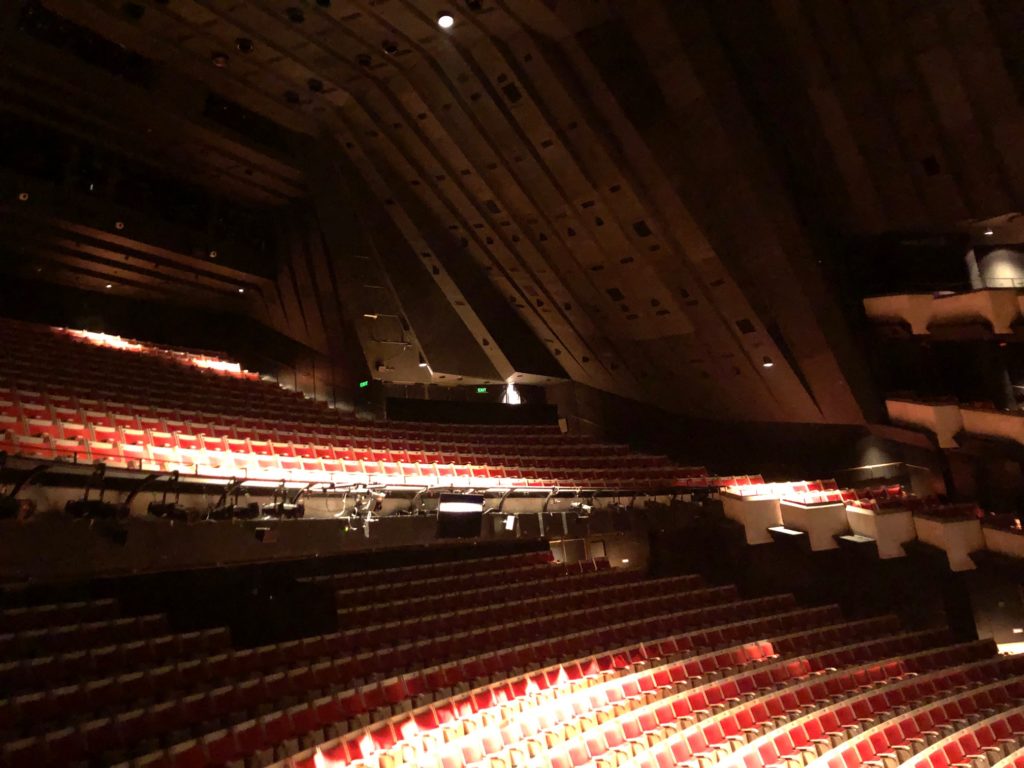
Music venues are resorting to guidelines established by the Centers for Disease Control (CDC) to review operational plans. In venues that can hold a maximum capacity of 300, only 75 people are allowed inside for the duration of the coronavirus pandemic.
Bands that play to huge crowds may now open to groups of no more than 50. Virtual entertainment is taking center stage for the time being, as the coronavirus makes safe social gatherings impossible. Virtual events include live streaming of local concerts and even the much-needed comedic shows.
While the majority of event venues are closed due to the COVID-19 health crisis, some are taking advantage of the situation. Renovations are being done behind closed doors. Repainting, replacing chairs, adding drop ceilings, and replacing lighting are efforts to help improve event venues.
The coronavirus pandemic will not last forever, and entertainment venues are looking forward to the day when they can welcome back sports fans, movie buffs, concert attendees and theater goers. Those renovating hope to make their space more welcoming and user-friendly for patrons upon their return.
Help with Renovations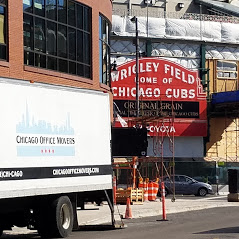
If you are among business owners who choose to renovate while your event venue is closed to the public, look to Chicago Office Movers. As an office mover, we provide a range of comprehensive services to assist with all aspects of office renovation and remodeling.
Crews from Chicago Office Movers are available to temporarily move large furniture around through our decommissioning services while your renovations are underway. Our team members are capable of lifting heavy goods with the help of advanced moving equipment. We also move furniture of all sizes.
Business owners place full trust in the professional moving crews at Chicago Office Movers, since each member of our team is background checked, licensed, and experienced. We are also union movers. When you need a hand before or during your renovation, Chicago Office Movers is ready to help.
Most importantly, Chicago Office Movers is careful to practice safety measures to protect our clients and team during the coronavirus outbreak. We clean and disinfect moving trucks daily, our moving crews practice social distancing to avoid contact, and restrict sick personnel from working.
Get a Free Estimate
Choose Chicago Office Movers when you are ready to renovate or remodel. You can expect competitive pricing, efficient service, and safe practices. As a commercial mover, we also provide reliable commercial relocation services.
Call our friendly representatives at 312-244-2246 for a free estimate.
Related Services
- Corporate Moving
- Commercial Moving
- Reliable Commercial Storage
- Specialty Commercial Moving
- Furniture Assembly
- Movers for Office Renovation
- Machinery Moving
- Library Moving
- Lab Moving
- Server Room Moving
- Office Movers in Rosemont, IL
- Commercial Moving in Bolingbrook, IL
- Commercial Movers in Naperville, IL
- Commercial Movers in Des Plaines, IL
- Commercial Moving Services in Aurora, IL
- Schaumburg Office Movers
- Commercial Moving Services in Oakbrook, IL
- Commercial Movers in The North Shore
- Elk Grove Village Commercial Movers
- Furniture, Fixtures and Equipment Services
- Moving Company in Lincolnshire, IL
- Professional Movers in Downers Grove, IL
- Moving Company in Chicago, IL

